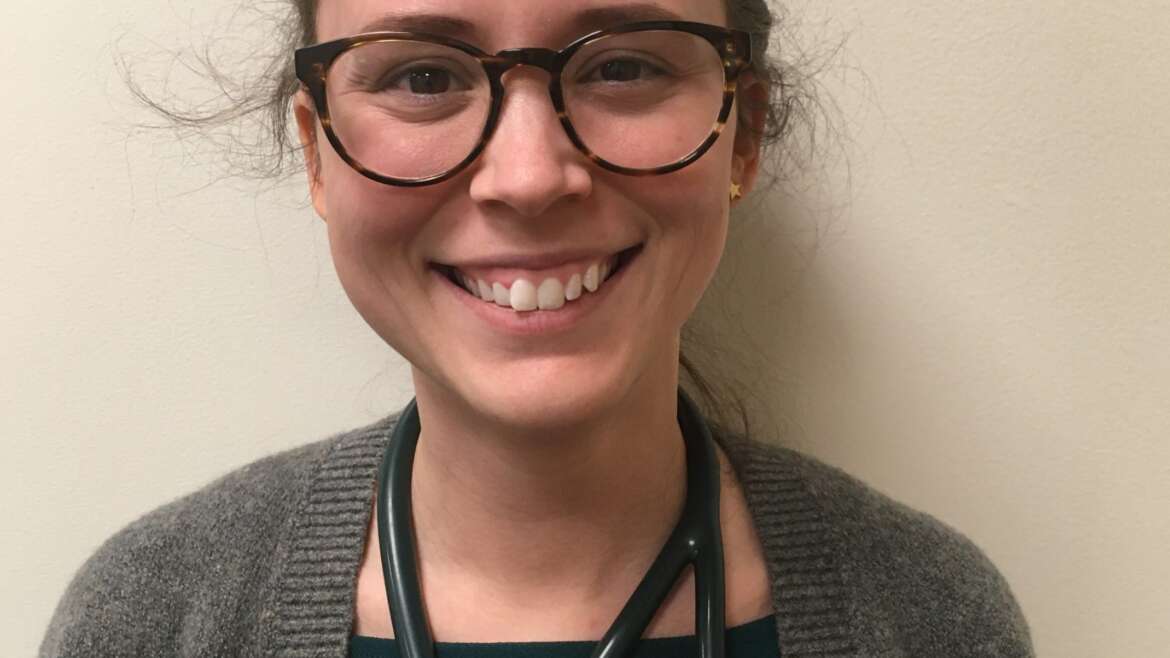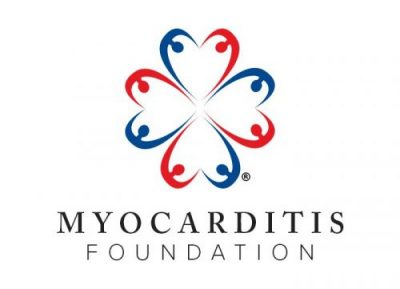We are proud to announce our 2019 Fellowship Grant Recipient, Dr. Danette Flint, MD, from Dartmouth-Hitchcock Medical Center. Dr. Flint’s research study is titled: “Immune Checkpoint Inhibitor Associated Myocarditis.” The 2019 Fellowship Grant will be named after Lee Andrew Hirsch, a 31 year old victim of Viral Myocarditis
The Myocarditis Foundation is proud to announce our 2019 Fellowship Grant Recipient, Dr. Danette Flint, MD, from Dartmouth-Hitchcock Medical Center. Dr. Flint’s research study is titled: “Immune Checkpoint Inhibitor Associated Myocarditis.” Dr. Flint’s Preceptors are Dr. Javid Moslehi, MD, from Vanderbilt University and Dr. Lauren Gilstrap, MD, from Dartmouth-Hitchcock Medical Center.
The 2019 Fellowship Grant will be named after Lee Andrew Hirsch, a 31 year old victim of Viral Myocarditis from 2015 whose mother and family have been working on raising funds for research so as to prevent others from suffering the loss that they have and to find elusive answers to stopping the disease.
Dr. Flint is our 20th Fellowship Grant Recipient and here is her layman’s description of her research.
“Immune Checkpoint Inhibitor Associated Myocarditis:”
Immune checkpoint inhibitors, or ICIs, are a newer drug therapy that target how cancer cells interact with our immune system. ICIs have been approved for treatment of multiple types of cancers and have proven to markedly increase survival for patients, even those with metastatic disease. Unfortunately, because of the way these drugs affect the body’s immune system, there are also significant side effects which can target multiple parts of the body, including the heart. When the heart is targeted, inflammation of the heart muscle results, a condition called myocarditis. The illness that results can be so severe that it leads to death. At present, the frequency of ICI associated myocarditis and other related cardiac side effects, such as heart failure and sudden cardiac death, are not well known and individual patient factors that increase or decrease the risk of these side effects have not been examined. In order to provide patients with an accurate and personalized assessment of their individual expected benefit and risk from these drugs, we plan a research project using Medicare data to both determine the rates of these side effects at a national level and identify characteristics that increase or decrease an individual patient’s likely benefit or risk with these potentially life-saving, novel therapies.
Our congratulations to Dr. Danette Flint and many thanks for her work in myocarditis research!































